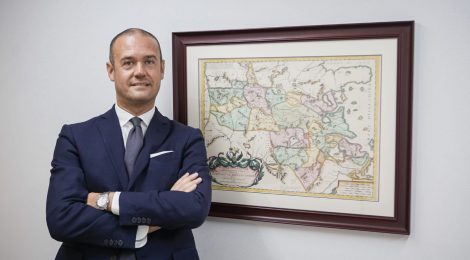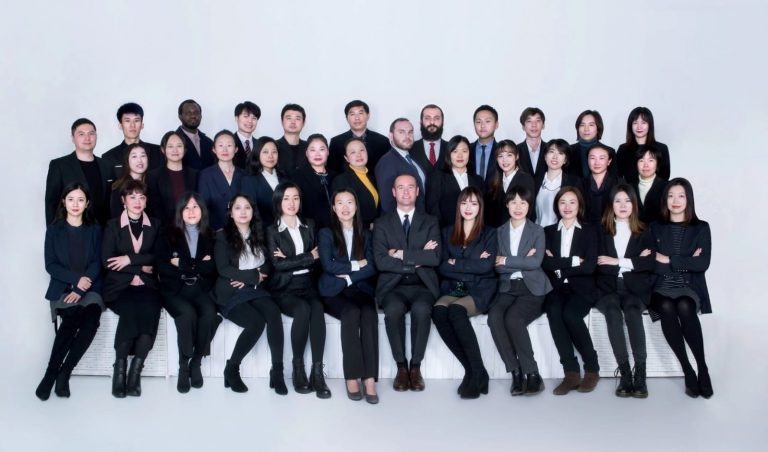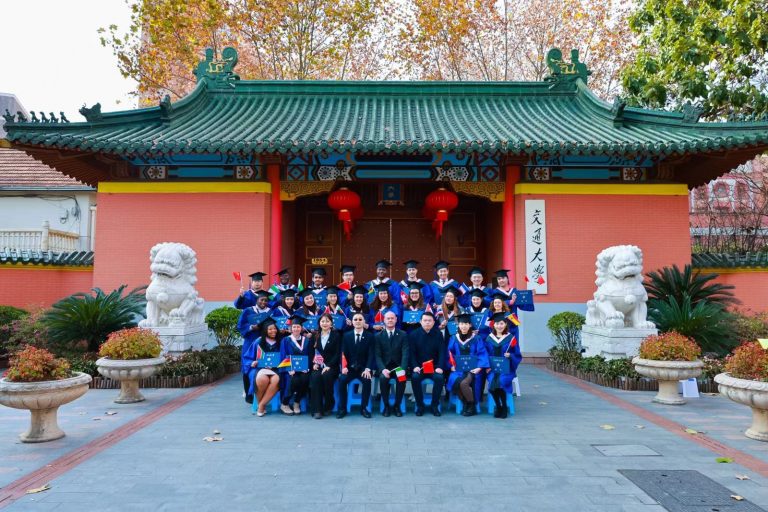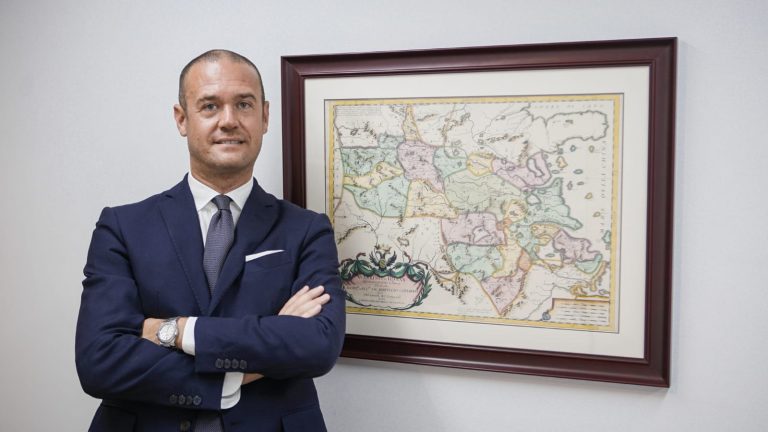
Galilei Circle of Friends – Interview with Lorenzo Riccardi

For our column “Galilei Circle of Friends” we have the pleasure to host today Mister Lorenzo Riccardi, founder of the tax and corporate advisory firm RsA Asia, based in Shanghai, a point of reference for many and an example of successful Italian in China, tireless traveller, passionate lecturer at University and humble curious of China and Far East. Here is his story.
- RELATIONSHIP WITH CHINA
How did your experience with China start? Was it a chance meeting, linked to your work, for pleasure?
I arrived in China for the first time in 2004, landing in Jinghong, the capital of the Xishuangbanna region, in the province of Yunnan to visit a writer friend, Giorgio Bettinelli, with whom I shared many interests, including the love for Asia and travel. Two years later I decided to complete a master’s degree at the University of Business and Economics in Beijing and then move to Shanghai to combine my profession as an accountant with my passion for the Far East.
How has your relationship with China evolved over time?
Living and working in China has been simple for me from the very beginning, in relation to the fascination for the country and the motivation linked to professional opportunities. Before moving to Shanghai, I had already visited many countries in the East Asian region, with an ever-increasing understanding of the different speed experienced in this part of the world and at the same time of the gaps in interactions and culture.
What has your personal and work experience taught you in this beautiful country?
I often say that to understand the global development of the economy you need to come to China and that to understand China you need to travel to the regions of the world, Africa, South East Asia, South America, between the Mediterranean and the Balkans.

The team of RsA Asia
- BUSINESS – RsA Asia
How has China changed compared to your early years from a business point of view in your specific sector? What are the differences that struck you most positively and negatively?
Today those who deal with China have a more technical and complete training while a generalist approach was once required. This is determined by the fact that the country increasingly aligns itself with the normative and regulatory standards of its first trading partners, i.e. the United States, Germany, Italy and other European countries, and the requirements for obtaining a work permit are more stringent aimed at selecting people with specific qualifications.
Tell us about your experience in Shanghai. What is your role in the country’s financial capital and what are the main results you have achieved?
I have been in Shanghai for over 15 years and I deal with foreign investments, mixed capital projects in Joint Ventures, taxation, budgets, financial regulations and I have a good point of observation on Italian entrepreneurship in the country. I started collaborating with a tax and corporate consultancy firm which in 2006 was the main reference in economic relations between Italy and China and then I decided to create my own practice that has grown over time (RsA Asia, rsa-tax.com). Today my tax and corporate consulting firm has 40 professionals, accountants, lawyers, analysts and assists groups of all sizes with presence in China. Personally, I have held roles in the governance of some of the largest Italian industrial groups.

Mister Riccardi with his students in Shanghai
What did you learn in Shanghai in particular during your working years from a professional point of view?
In Shanghai you learn the value of responsiveness and even young people can be exposed to high-profile responsibilities, assignments and projects. Here we understand how it is possible to manage highly complex projects despite the difficulties generated by language gaps.
- ACADEMIA – University in Shanghai
What is your role in Shanghai from an academic point of view? In which institutions do you work and collaborate?
I am completing a research project at Shanghai University, where I collaborate as a Research Fellow of the Belt Road Institute and I have promoted the project of a joint master with the University of Salerno and a collaboration agreement with the University of San Marino for the creation of a study center on Belt Road projects.
For Shanghai Jiaotong University I coordinate an executive program for professionals and managers who want to better understand how to do business with China

Lorenzo Riccardi with an ancient map of China designed by the Italian cartographer Vincenzo Coronelli in 1696
What are your most recent publications and on which specific topics?
I published “China in Africa” for Springer, which describes the geo-economic relations between Beijing and the countries of the African continent, with particular focus on Algeria, Egypt, Ethiopia, Morocco, South Africa, Tunisia, Zimbabwe. Previously I wrote “Invest in ASEAN”, also published by Springer, which collects the main free trade agreements between the 10 members of the Association of SouthEast Asian Countries and the other regions.
Are you working on new projects, publications, articles that you would like to mention?
I am working on projects related to 200-economies.com that is my journey to every country in the world, completed in 2020, capturing the political, historical, and economic relations between China and each country, along the new silk routes.
I am also working on a photographic exhibition with images and economic data between Beijing and the 193 members of the United Nations and a publication that captures the aspects of cultural charm and economic interest of this world tour.
Interview by Marco Bonaglia




